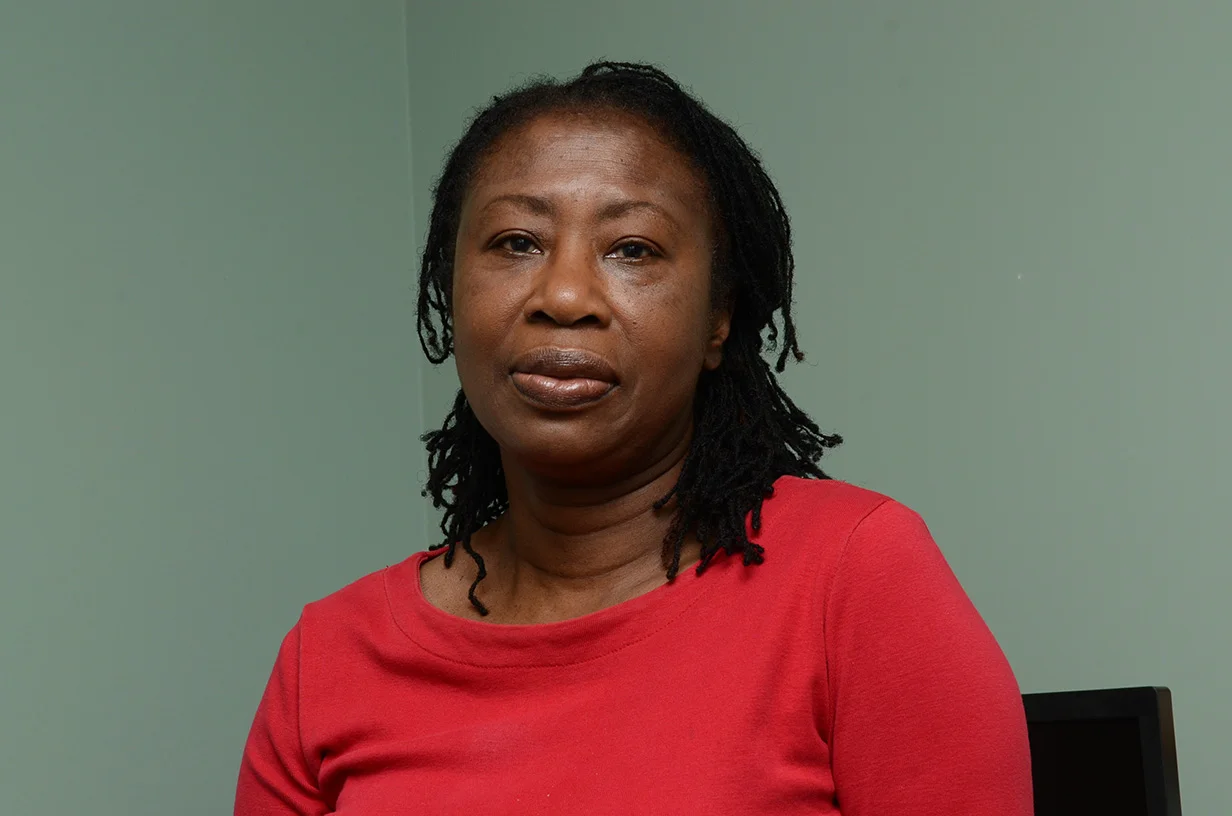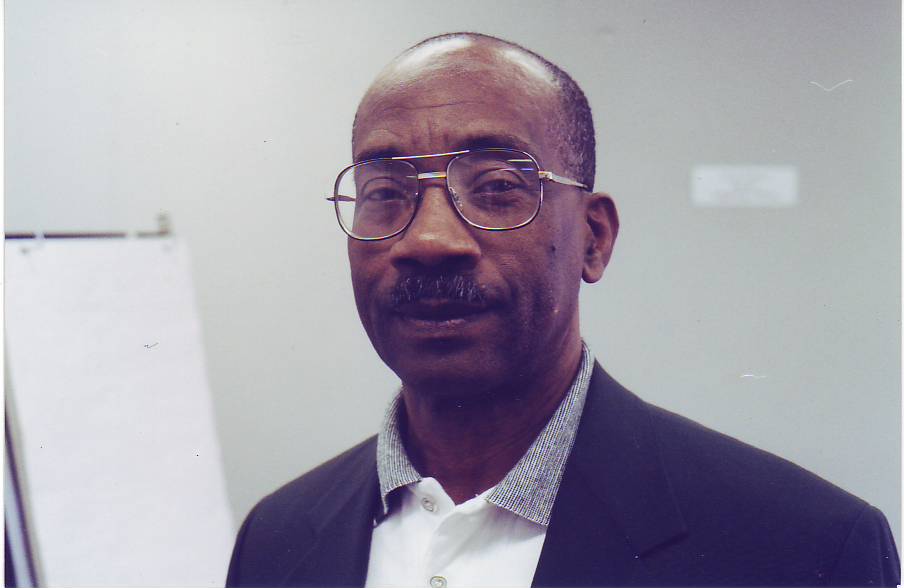Walter Peters was Canada’s first Black jet fighter pilot
Obstacles are the stepping stones on the pathways to achievements. Lofty goals are the key to success.
Walter Peters would often use those lines to endorse photos as a reminder that hurdles aren’t insurmountable. He faced many in his 76 years that ended on February 24.
Canada’s first Black jet fighter pilot passed away in an Ottawa Hospital a few days after suffering a stroke. His funeral took place last Sunday.
The youngest of six children born in Litchfield, Nova Scotia, Peters graduated in 1959 from Mount Allison University where, as the running back in the school’s first football season four years earlier, he scored the first points with a touchdown and went on to win the Most Valuable Player and Rookie of the Year honours in the inaugural season.
Peters worked briefly with the Canadian Mortgage & Housing Corporation before enlisting in the Royal Canadian Air Force (RCAF).
“I really hadn’t thought of being a pilot as a career because there weren’t many Black people in the Air Force,” he once said. “There were times I could sense some tension, but I was a little older than many of the other pilots and as a result ended up being a tutor to many of them. My mantra was always, ‘You don’t have to accept me, but you do have to respect me.’”
Even after graduating with flying colours from aeronautical school, Peters was slighted by the graduation day guest presenter who had a Mustang and was a well-respected Calgary lawyer.
“Up to that point, I had never known any Black pilots in the military and it was a feeling of accomplishment,” Peters recalled in an interview a few years ago. “I remember standing at the bar (on the eve of graduation) listening to the stories he was telling and he turned to me and said, ‘What are you doing here?’ Well, I’m on the course that graduates tomorrow. He said, ‘As what?’ and I said, ‘As a pilot’. He said, ‘In my day, you would never have got past rear gunner.’”
The next day, the eminent guest presented the City of Moose Jaw Saskatchewan and the Province of Saskatchewan trophies to Peters as the graduate with the highest level of flying proficiency and the highest combined overall proficiency in flying and officer development, respectively.
After securing his commission and wings, Peters made history by becoming Canada’s first Black jet fighter and a flying instructor at Canadian Forces Base (CFB) Moose Jaw, where he became friends with the base commander, Colonel Owen Philp.
The pair combined to establish the Golden Centennaires, which was the RCAF aerobatic flying team that performed in Canada’s 1967 centennial year. The team was disbanded after the last of its 103 shows that year and the planes were used a few years later to form the Snowbirds.
Retired Lieutenant Colonel, Shelley Carey, said the two years her father spent with the Snowbirds as deputy commanding officer was the highlight of his distinguished career.
“By that point in his career, he had amassed many more flying hours than any of his team members and he was the oldest pilot to have flown with the team,” said Carey, who retired from the military after 24 years of service and worked as Correctional Service of Canada deputy director of security before joining the Royal Canadian Legion as a service officer. “His role as deputy commanding officer had him coordinating the logistical arrangements and often he was in the media spotlight, which was a role he relished.”
The first Black female deputy commanding officer of a military police platoon and deputy provost marshal of the military police professional standards unit, Carey said she and her two siblings are extremely proud of his achievements.
“He was a humble man who for many years went about his business without the recognition he so richly deserved,” said Carey. “It was only in the last few years when his accomplishments were brought to the forefront did he humbly accept the recognition and endeavoured to attend every event or speaking engagement offered to him. He was an exceptionally compassionate man who was very interested in ensuring that Black youths in Canada realized their potential.
“While dad very clearly knew he was a pioneer and trailblazer, that was not the reason he continued to persevere. He did so out of a sense of passion, pride and a real unwillingness to accept that he should be disadvantaged because of his skin colour. He refused to accept excuses and certainly did not allow my sisters or I to come up with excuses as to why we couldn’t accomplish whatever we set our mind to.”
Aviation medicine expert, Dr. Stephen Blizzard, said Peters was a pioneer and one of the finest people he has encountered. They first met in 1957 when Dr. Blizzard was assigned to CFB Moose Jaw as the base surgeon.
“I went down to the flight line on my first day and saw this other fellow with my complexion and he was the only one,” said Blizzard, who is the only Black to simultaneously be a Canadian Armed Forces jet pilot and flight surgeon. “We were the only two Black guys on the base. We became good friends and I spent many hours at his home with his loving family. Wally didn’t follow rules. He wrote the book and for me, he was the best of the best.”
Peters, who completed Harvard University’s executive management training program, touched many young lives, including former regimental sergeant major, Kevin Junor, who was shocked to learn of his death.
“I was working on a project to get the military to place a wreath on behalf of Black veterans and once I got the approval, we started to look at appropriate people,” said Junor, who is the deputy superintendent at Toronto’s Don Jail. “Walter’s name came up and he had the honour of being at the centre of that ceremony in Ottawa.”
Junor and Peters remained in contact through e-mail over the past few years.
“About a month ago, Walter sent me an e-mail alerting me to the fact that a book – The Order of Military Merit – was published and that I and Shelley were in it,” said Junor. “He was someone like my grandfather in that he always provided me with sound advice.”
Peters served for a year as air adviser to the United Nations Secretary General before joining Transport Canada Aviation in 1984, where he was responsible for safety programs. He was promoted to director and director general with responsibility for systems safety before retiring in 1998.
Highly respected in his field, Peters represented Canada in the Air India disaster investigation, was an adviser in the 1991 Nation Air accident investigation in Saudi Arabia, chaired the International Data Exchange Aviation Safety, developed and implemented risk management training programs and acted as coach to colleagues during career assignments.
The founding member and first president of the New Brunswick Association for the Advancement of Coloured People, Peters is survived by his wife, Nancy and children, Shelley, Laura and Catherine.






